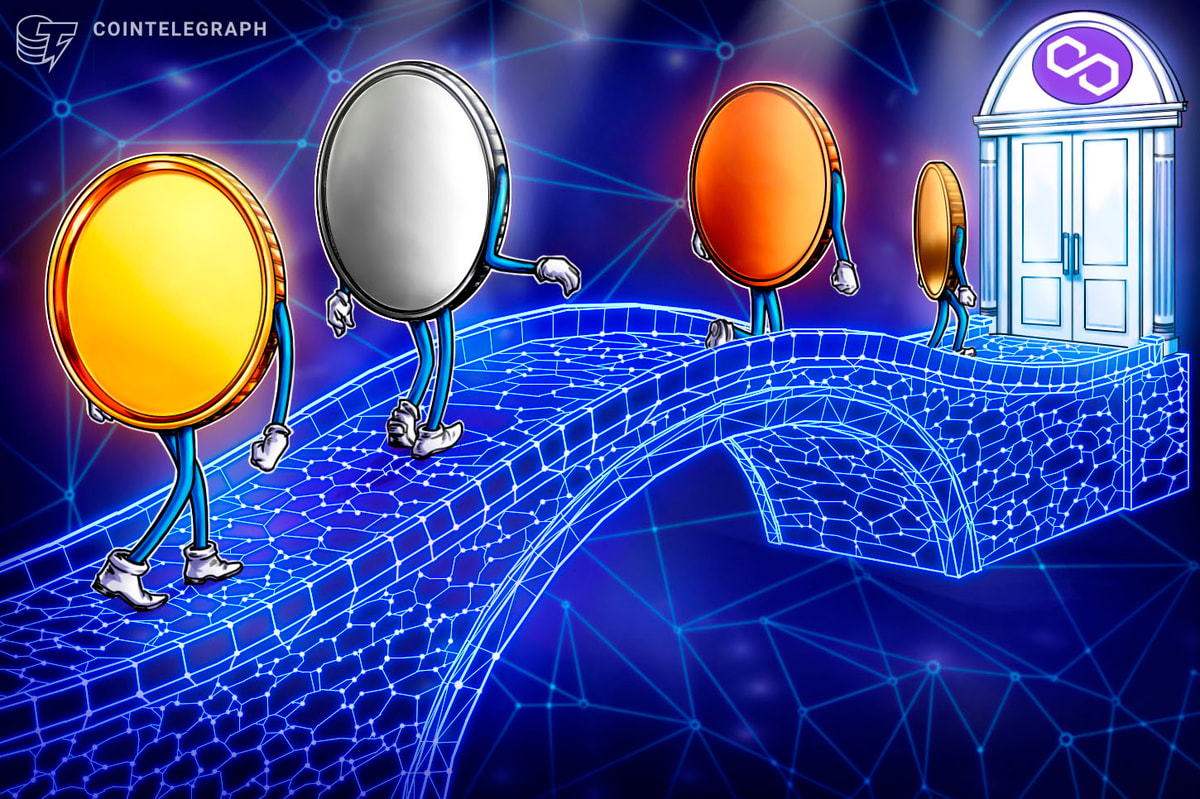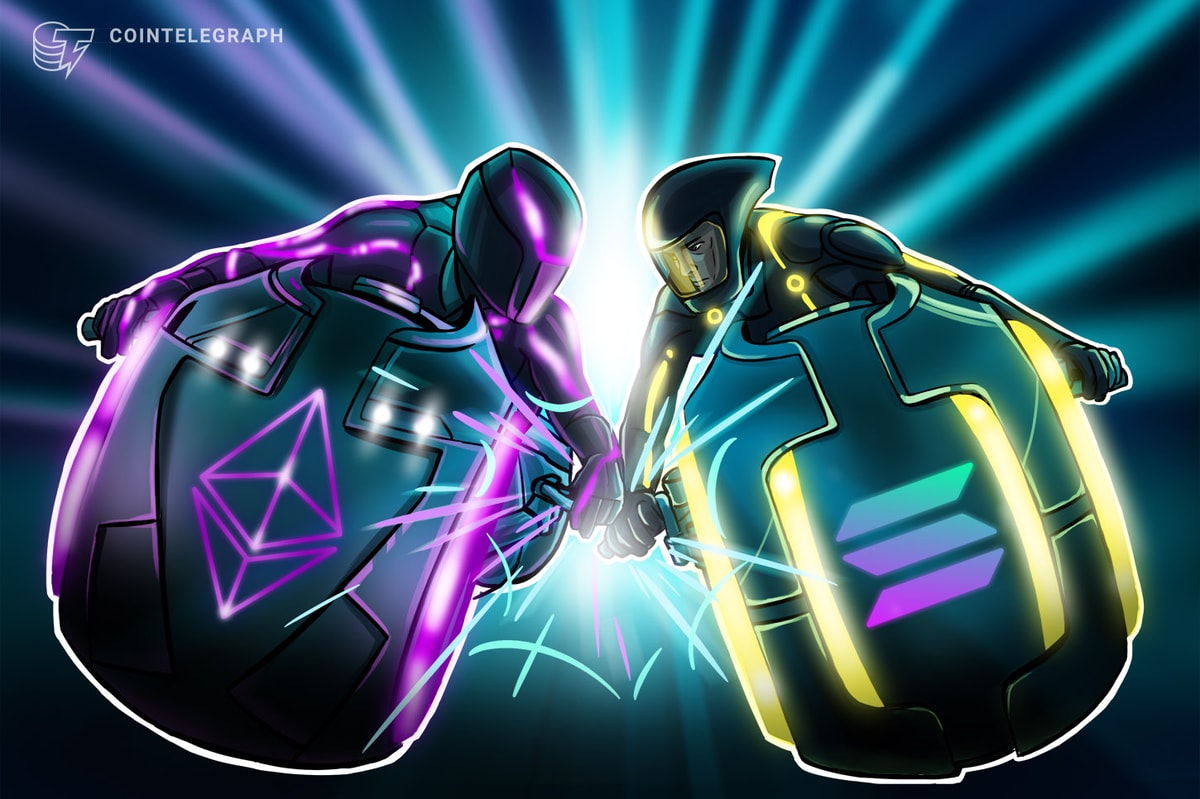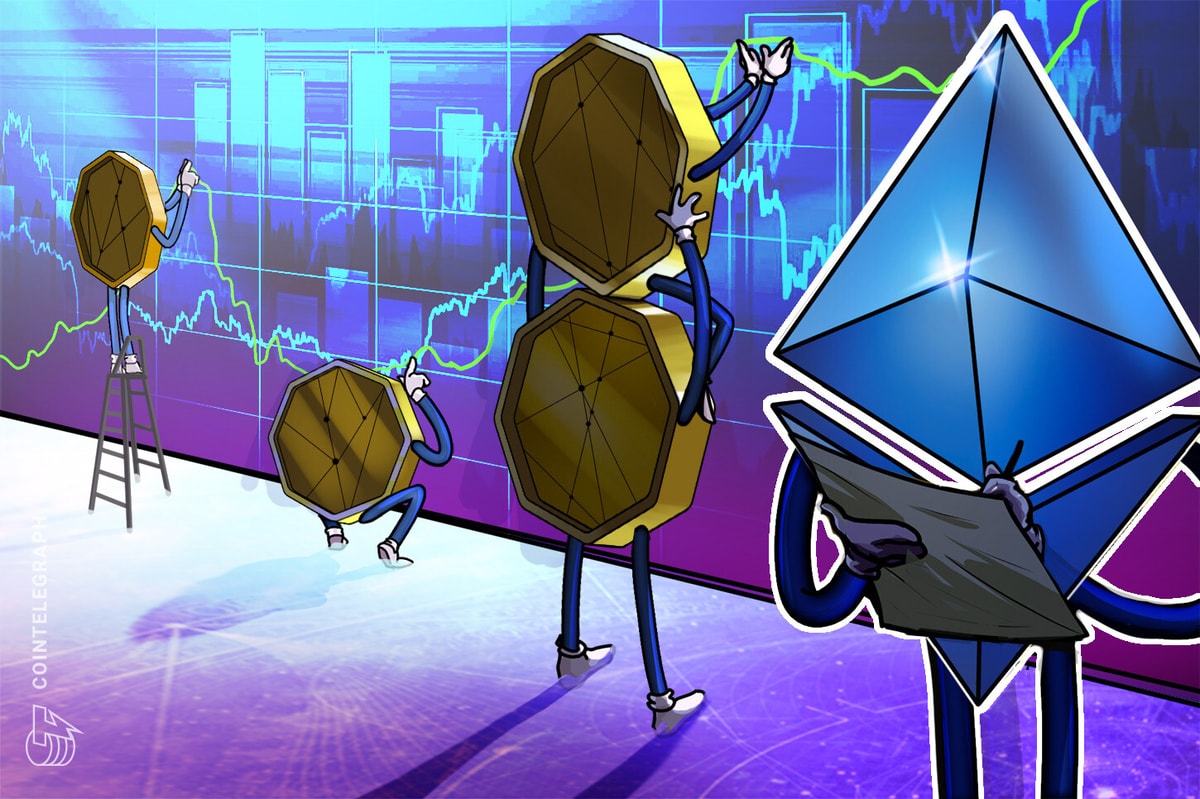Polygon’s native cryptocurrency has executed a key technical upgrade to enhance its utility and usher in Polygon 2.0.
Polygon’s (MATIC) token was upgraded to its new Polygon Ecosystem Token (POL) token on a 1:1 basis, becoming the network’s native gas and staking token as of Sept. 4, according to an announcement shared with Cointelegraph.
The upgrade will better enable the community to participate in the network’s growth, according to Marc Boiron, the CEO of Polygon Labs. Boiron told Cointelegraph in an exclusive:
“Now that there are 2% emissions being introduced through this upgrade, it’s going to give an opportunity for the community to participate […] Technically even though the full migration hasn’t happened, [season 1 of the community grants program] created some emissions that the community’s been able to use.”
Polygon Labs CEO Marc Boiron, interview with Cointelegraph’s Zoltan Vardai. Source: YouTube
Polygon’s token is the world’s 21st largest cryptocurrency with a $3.7 billion market capitalization. The upgrade follows a year of in-depth community discussions and consensus and is part of Boiron’s wider plans for Polygon 2.0.
Related: Telegram games and Hamster Kombat will catalyze Web3 adoption: Animoca’s Yat Siu
POL is becoming a “hyperproductive” token
The second-biggest reason for the technical upgrade was to make POL a hyperproductive token, according to Boiron.
The Polygon Labs CEO explained:
“POL goes one step further, and as it gets kind of embedded in the different things in the Polygon Network, it becomes hyperproductive in the sense that it can actually earn fees from multiple different sources.”
While MATIC was only earning fees from gas and staking, the new POL token will also earn fees from additional actions, such as staking to secure data availability or decentralizing a sequencer, with more fee-generation options on the horizon.
Boiron called this hyperproductive token the next evolution of Ether (ETH), which can only earn gas fees from transactions.
Related: August sees 215% rise in crypto phishing, $55M lost in single attack
MATIC to POL migration: What you need to know
While the migration was finalized on Sept. 4, MATIC holders have no hard deadline for upgrading their tokens. All the staked MATIC will be automatically converted into POL without any additional action required.
Matic to Pol upgrade. Source: Polygon
The testnet upgrade was successfully executed on July 17.
The new POL token will also be embedded in Polygon’s AggLayer — short for aggregation layer — which is similar to a cross-chain interoperability protocol aiming to connect siloed blockchains.
The technical migration is a crucial part of the vision of Polygon 2.0 — the Polygon CDK and AggLayer’s final evolution — which aims to provide “infinite scalability” to unify all blockchains, including layer-1s like Ethereum and Bitcoin.
Magazine: $12.1M fraud suspect with ‘new face’ arrested, crypto scam boiler rooms busted: Asia Express











